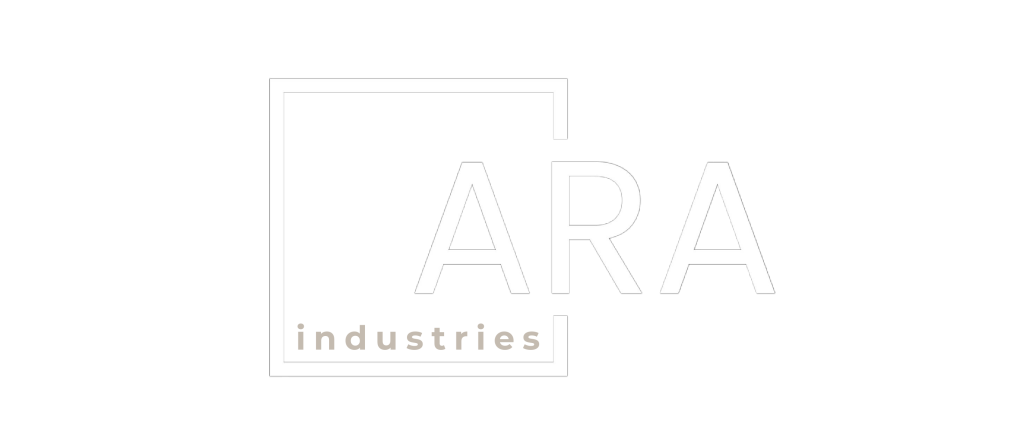We’ve broken down the most common questions about WAFs to help you understand this essential security tool.
1. What is the fundamental difference between a WAF and a traditional network firewall?
Answer: A traditional network firewall operates at the lower levels of the OSI model (Layers 3 and 4), primarily checking IP addresses and ports to block unauthorized network access. A WAF operates at Layer 7 (the application layer), where it analyzes the content of HTTP requests (like GET and POST requests) to detect and block specific malicious attack patterns, such as SQL injection, Cross-Site Scripting (XSS), and logic abuse.
2. What kind of attacks does a WAF specifically protect against?
Answer: WAFs are designed to protect against application-layer attacks that bypass standard firewalls. This includes the most critical threats on the internet:
- SQL Injection (SQLi)
- Cross-Site Scripting (XSS)
- Distributed Denial of Service (DDoS) attacks (specifically Layer 7 attacks)
- Malicious Bot Traffic
- File Inclusion and Security Misconfigurations
3. What are the main WAF deployment models?
Answer: WAFs are deployed in three primary ways, each balancing cost, control, and performance:
- Network-based (Appliance WAF): Typically hardware-based, installed locally, offering low latency but high cost and physical maintenance.
- Host-based: Fully integrated into the application’s software, offering high customization but consuming local server resources and increasing management complexity.
- Cloud-based (SaaS WAF): Subscription-based, easy to deploy (often just a DNS change), cost-effective, and managed by the vendor. This is the most popular option for most businesses.
4. How does a WAF decide what traffic is malicious?
Answer: A WAF uses security policies based on one of two models, or a hybrid of both:
- Blocklist (Negative Security Model): Blocks traffic that matches known malicious signatures (like a list of bad guests). This is easier to implement but can miss “zero-day” or new attacks.
- Allowlist (Positive Security Model): Blocks all traffic by default and only allows requests that are specifically pre-approved (like a private guest list). This offers the strongest protection but requires rigorous customization and is prone to blocking legitimate traffic if not perfectly configured.
5. Does a WAF slow down my website?
Answer: Older WAF implementations sometimes introduced latency. However, modern, cloud-based WAFs often integrate with a Content Delivery Network (CDN). By filtering traffic closer to the user (at the edge) and using global points of presence, these WAFs frequently improve website performance and availability while providing security.
🛡️ Sucuri: A Strong Contender in the WAF Market
Sucuri is a well-known name in the web security space, particularly recommended for Small to Midsize Businesses (SMBs), bloggers, and eCommerce sites who need an effective, low-maintenance solution.
Sucuri’s WAF stands strong in the crowded market by focusing on ease of use and comprehensive, packaged protection:
- Cloud-Based Simplicity: Sucuri is a fully cloud-based, edge-deployed WAF, meaning setup is easy and plug-and-play—just a simple DNS change. This is ideal for teams that prefer to outsource the complexity of WAF management.
- Bundled Security and Speed: Unlike some competitors where you must purchase separate modules, Sucuri’s WAF is natively bundled with a global CDN for performance enhancement and robust DDoS Mitigation (Layer 3, 4, and 7 attacks).
- Holistic Website Care: Sucuri is often chosen because it is an all-in-one platform. Beyond the WAF, it includes features like guaranteed Malware Removal and Cleanup, Virtual Patching to protect outdated software, and continuous vulnerability scanning—a valuable combination, especially for website owners not running complex enterprise applications.
- Affordable Entry: Sucuri is one of the more affordable WAF solutions, offering strong protection at a competitive price point, which makes it an excellent choice for businesses prioritizing cost-effectiveness and ease of maintenance.
While more complex enterprise solutions might offer greater customization flexibility for highly technical teams, Sucuri’s strength lies in its reliable, hassle-free security-as-a-service model, making it a top choice for website owners who value protection and performance without the management overhead.

